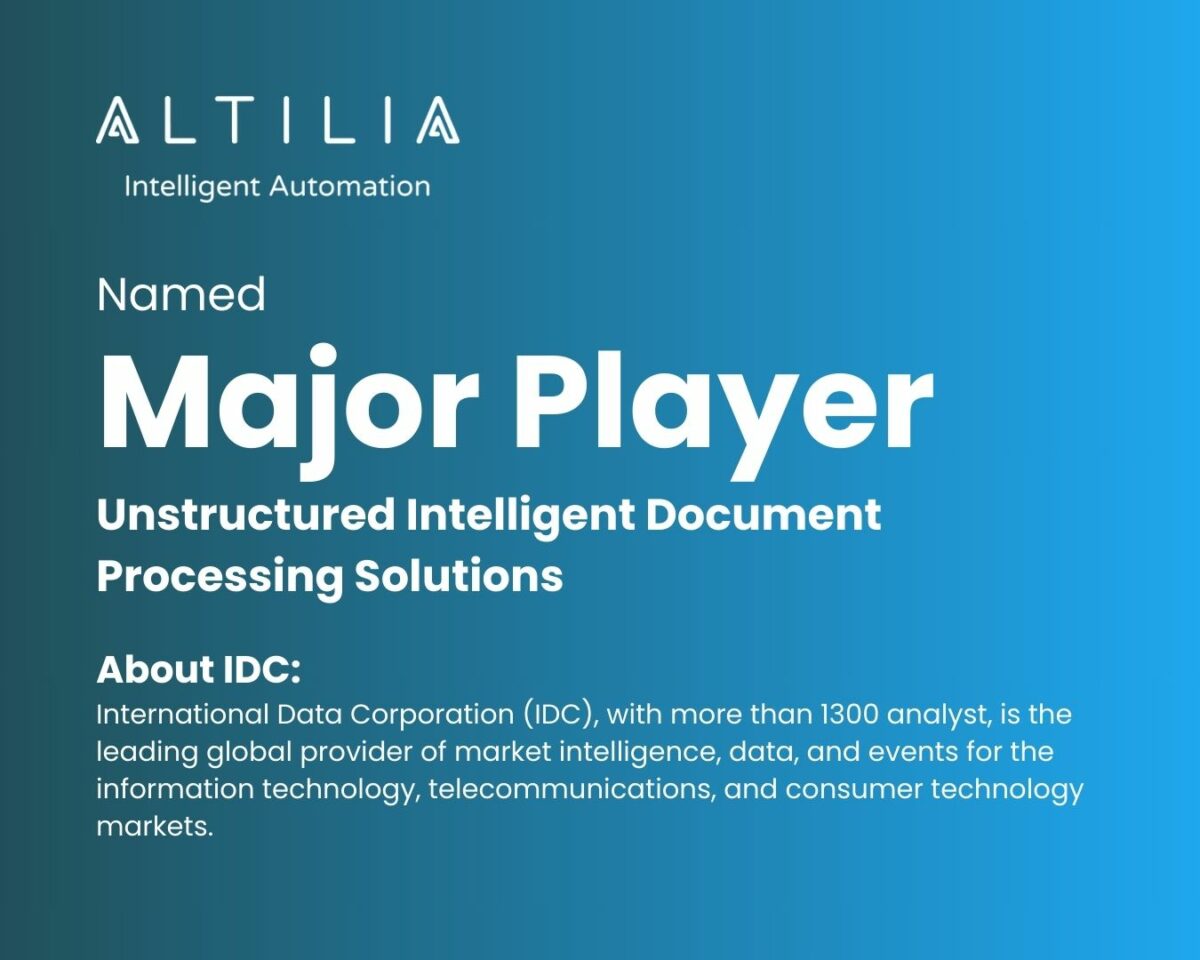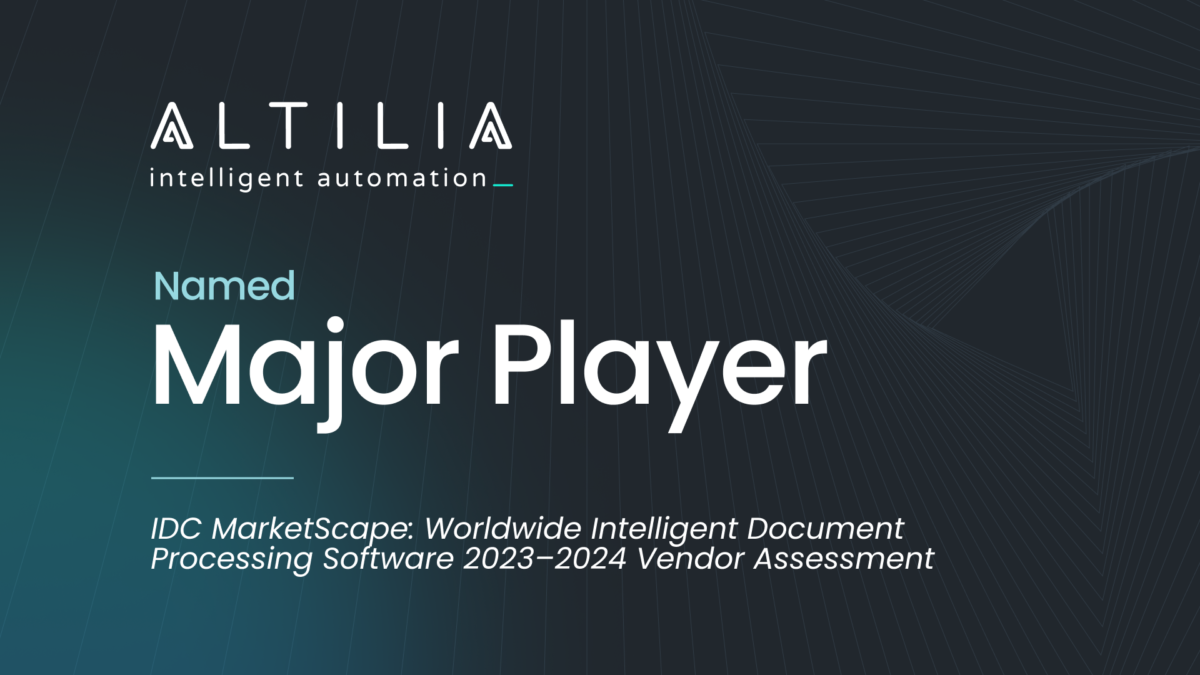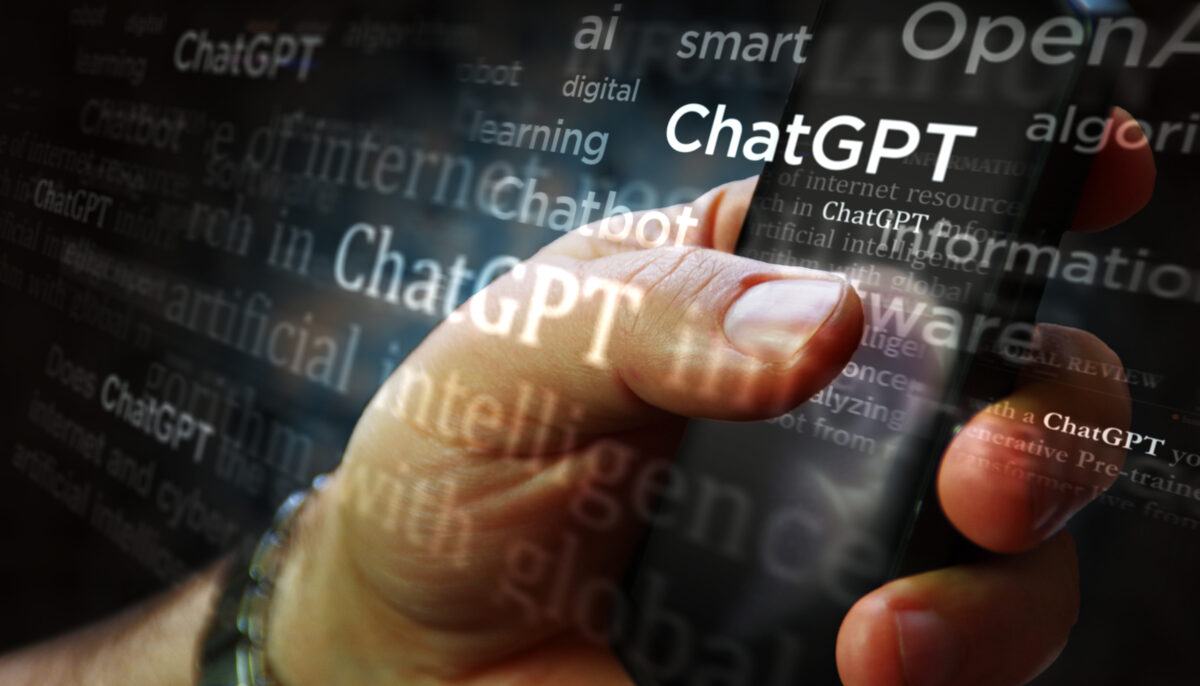Imagine writing an email in 20 seconds instead of 20 minutes, completing hours of research in a fraction of the time, or automatically receiving a full summary of a long meeting. These scenarios showcase the potential of AI assistants, or copilots, integrated into your workflow. With these tools, you simply tell the copilot what to do, right in the flow of your work.
But is this too good to be true?
What is an AI copilot?
You might be familiar with copilots in the context of aviation, assisting the captain during flights. Recently, the concept of a “copilot” has gained more traction in the realm of artificial intelligence (AI). Imagine incorporating the generative AI technology from apps like ChatGPT, Gemini, or Claude into your daily workflow. That is your AI copilot. At its core, an AI copilot is an AI assistant designed to help you complete routine tasks more efficiently. Using large language models (LLMs), it facilitates natural, human-like conversations, assisting users with a wide range of tasks. Examples include the AI copilot developed by Microsoft for its Office suite.
How does an AI copilot work?
AI copilots are powered by fundamental components known as copilot actions. A copilot action can cover a single task or a collection of tasks specific to a particular job. These tasks might include:
- Updating a CRM record.
- Generating product descriptions using existing CRM data.
- Composing messages to customers.
- Handling various use cases.
- Summarizing transcripts for a live service agent.
- Highlighting the most relevant information from meeting notes.
These tasks can be “invoked” or executed in any order, autonomously managed by the AI copilot. The ability to understand requests, devise a plan of action, and carry out the necessary tasks is what sets these systems apart. The AI copilot learns and improves with each action, becoming more capable over time. When combined, these actions enable your copilot to perform a vast array of business tasks. For instance, an AI copilot can assist a service agent in quickly resolving a customer overcharge issue or help a lawyer to spot the right strategy to use.
The challenges of implementing a copilot
Despite their promise, many businesses are struggling to implement and use copilots efficiently. Why is this happening?
1. The Data Dilemma
At the heart of the challenge lies data quality. Many organizations find their existing data outdated, inconsistent, or inaccurate. This leads to AI assistants providing unreliable or outdated answers. For instance, an AI tool might deliver 2023 data when asked about 2024 figures, or fail to correctly identify a company’s executive team.
A high-profile example is McDonald’s collaboration with IBM to automate ordering using AI. The project, tested in 100 restaurants, was eventually abandoned due to the inherent difficulty of Ai in understanding voice commands (therefore, the input data). This decision highlights the gap between the technology’s potential and its current limitations.
2. The Costly Clean-up
To address these issues, companies are embarking on extensive data clean-up efforts. This process involves validating and refining incoming data, creating records and databases free of contradictions or duplicates. While necessary, this task is proving more time-consuming and resource-intensive than anticipated.
3. Reliability and learning curve
AI sometimes makes things up, and we call this “hallucinating.” This happens because of how AI is built. AI learns to write by predicting what words should come next, based on what it has seen before. It doesn’t really understand what it’s saying – it’s just making good guesses. Think of it like a very advanced autocomplete on your phone, but for whole sentences and ideas. Sometimes, this leads to mistakes or false information.
Even as GenAI gets better, it will probably still make these mistakes sometimes. That’s why it’s important for people to double-check what AI produces to make sure it’s correct and makes sense.
Another hurdle is the complexity of effectively “prompting” these AI assistants. Users often struggle to provide sufficient context for their queries, leading to suboptimal responses. Even sophisticated tools like Microsoft’s copilot don’t inherently know which data sources to prioritize for specific questions.
4. Lack of scalability
AI co-pilots are designed to act as personal productivity assistants. However, they aren’t well-suited for industrial applications. In industrial settings, processes need to be carried out on a large scale, with reliable results and minimal human supervision. Co-pilots, as they currently exist, don’t meet these requirements for industrial use, where efficiency and consistency at scale are crucial
Streamlining AI Implementation
To face these challenges, new solutions are emerging. copilots solutions like Altilia’s are designed to address the core issues that afflict traditional copilots implementations:
1. Harmonization and Data Quality Improvement:
Altilia’s platform excels in managing diverse, unstructured data from various sources automatically, significantly reducing the need for manual preparation and ensuring seamless data integration. The platform classifies content, extracts precise data and metadata, and maintains relevance without constant intervention, ensuring high-quality data is readily available.
2. Smart Data Organization for Smarter AI Assistants
By organizing data into comprehensive knowledge graphs, Altilia makes it easier to create enriched records that AI assistants can access and utilize for pertinent, up-to-date information, thereby enhancing their accuracy and efficiency.
3. Improved reliability by Business-Specific Customization
The platform trains AI models to learn domain specific knowledge, within unique business contexts. This allows AI assistants to answer company-specific questions, with superior relevance and effectiveness, ensuring that each AI assistant is tailored to meet the distinct needs of the organization.
4. Result Transparency
Altilia accelerates the implementation of AI assistants in the workplace, providing a transparent platform that always allows to review answers and results, tracing back data in the context of its original source, promoting trust and understanding among users.
5. Scalability for enterprise applications
Altilia’s solution manages entire business processes from beginning to end. Altilia’s Co pilot is both reliable and flexible, allowing for easy control and monitoring of results and responses generated by AI models. This approach facilitates the seamless integration of AI into large-scale operations, addressing the need for dependable automation in complex business environments.
Looking Ahead
It’s clear that AI copilot features and capabilities will continue to expand. We’re moving from manually entering data and clicking through screens to simply making requests in natural language, with copilots promptly retrieving relevant information from business meetings or internal documents
While implementing AI work assistants has proven more challenging than expected, solutions addressing data quality, structure, and relevance offer a path forward. As these technologies evolve, we can anticipate more seamless integration of AI assistants, leading to the productivity gains and insights that businesses are eagerly awaiting.









